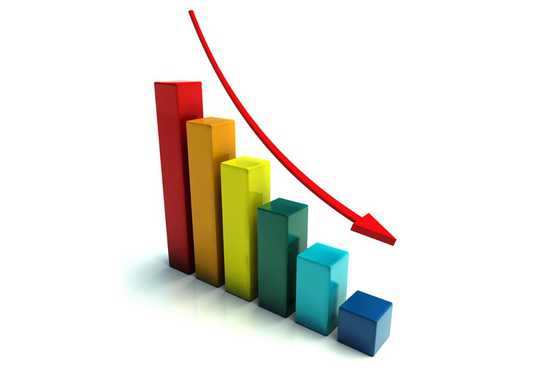As the growing number of small and medium enterprises are hammered by the lockdowns with many workers losing their jobs, efforts to fix the economic impact of the COVID-19 pandemic could cost the Rwandan Government over Rwf800 billion (about 860.2 million) over two fiscal years, the country’s minister of Finance and Economic planning, Uziel Ndagijimana revealed Monday.
Official projections indicate that the above spending would propel economic growth rate to an average of 8 per cent by 2022.
As part of these mitigation efforts, Rwandan Government has already announced the imminent launching of a special fund which will be dedicated to enable access to capital for business operators
especially Small and Medium Enterprises who will need to restart their operations or start over.
According to the senior Rwandan Government official, the recovery strategy has especially ambitious plans such as ensuring social protection, supporting businesses recovery and at the same time
conscious of the decline in tax revenue.
The Minister said that aware that there would be a decline in tax revenue, the government has been forced to prioritize the most critical sectors would be adopted as well as reduction of unnecessary
expenditure.
Currently, across the country, businesses have reported lower consumption by clientele largely due to low purchasing power with less money in circulation. Ndagijimana said that this will be fixed through creation of high labour intensive infrastructure projects allowing beneficiaries to earn increasing their purchase abilities.
The recovery plan has been developed anticipating that in line with the identified priorities for economic recovery, total COVID-19 related cost is so far estimated at Rwf882 billion over the two fiscal years 2019/20 and 2020/21, it said.
The plan is also ready for a drop in tax losses for the two consecutive fiscal years compared to previous projections with estimates at Rwf556 billion or an average of 2.8 per cent of GDP per
year.
Last year, the agriculture sector performed at 8% in 2019, as a result of fluctuation in global market prices export commodities. Coffee dropped 10.4% and tea 5.8%, while in mining, coltan drop by 21.4%, wolfram 18.3%, cassiterite 6.7%-which dominate the country’s traditional exports.
Dr Ndagijimana said that there is hope to revive the exports markets though the prices will not be guaranteed to remain favourable.
CU/abj/APA


